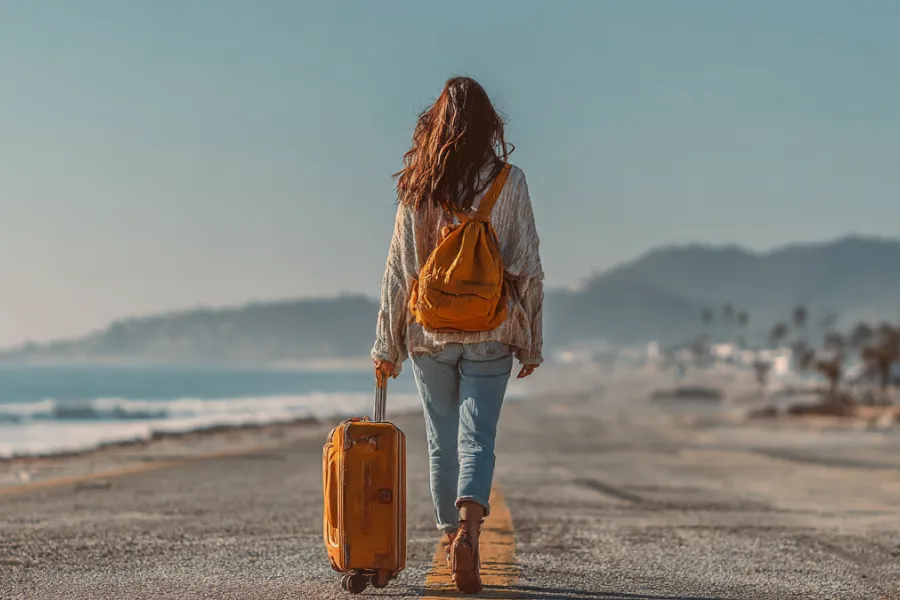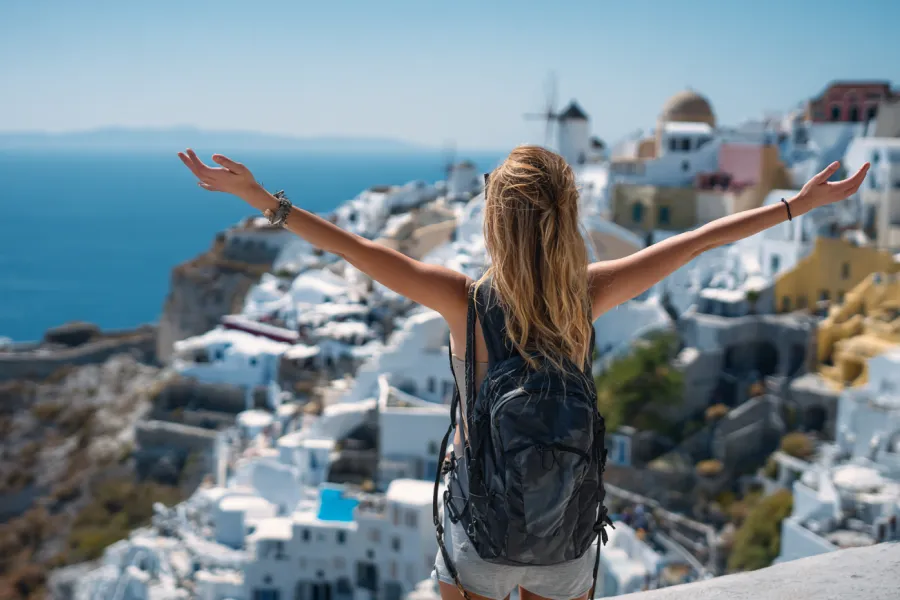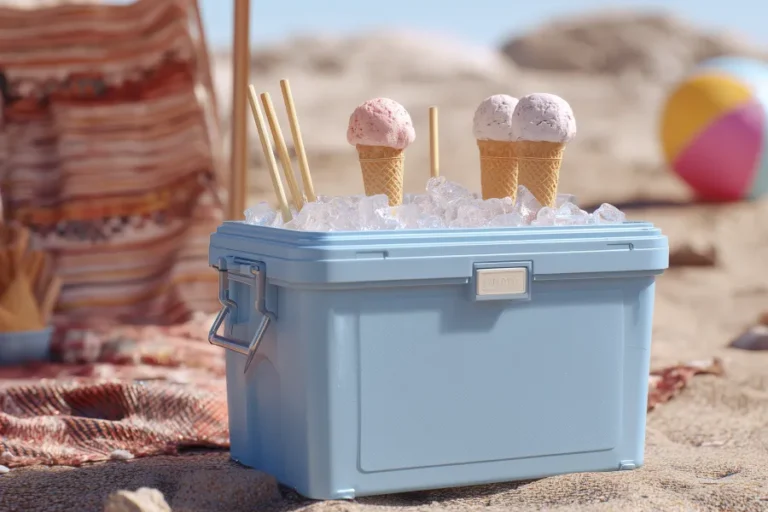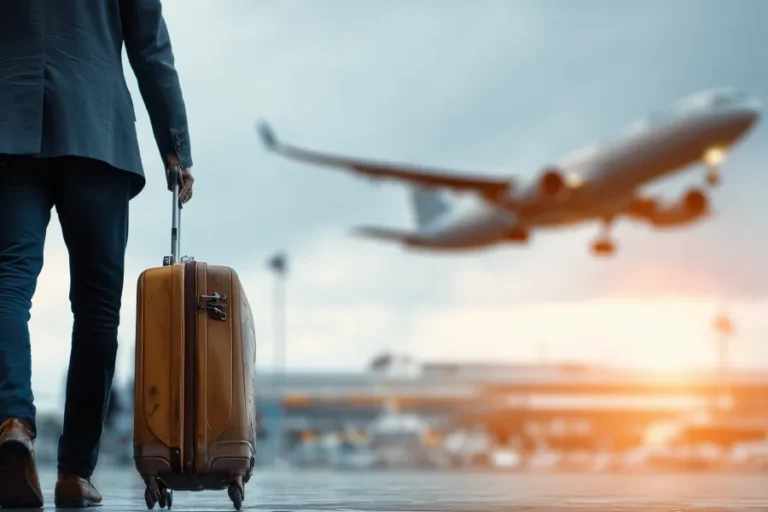Solo Travel Safety Tips Every Adventurer Should Know

Traveling alone brings unmatched freedom, but it also requires awareness and preparation. Whether you’re exploring a vibrant city or hiking remote trails, following the right solo travel safety tips ensures your adventure remains exciting instead of stressful. The independence of solo travel can be empowering, but without guidance, even seasoned travelers can overlook key precautions.
That’s why resources like the Travel Safety Guide matter. With structured advice and proven checklists, you reduce risks and travel confidently, knowing you’ve prepared for different situations.

Safety Tips for Planning Ahead
Good preparation sets the tone for your journey. Before booking flights, research your destination thoroughly. Understand the local culture, transportation options, and areas that should be avoided. Create a plan for accommodation that prioritizes security, not just price.
Using a Secure Travel Planning Guide helps organize everything. It ensures you consider details like travel insurance, emergency contacts, and digital copies of important documents. Planning ahead doesn’t restrict freedom; it builds confidence for exploring safely.
Solo Travel Safety Tips for Daily Habits
Your daily choices play a huge role in staying safe. Keep your valuables minimal and discreet. Avoid wearing flashy jewelry or carrying large amounts of cash. Share your itinerary with a trusted person so someone always knows where you are.
Following the Independent Traveler Checklist makes these habits second nature. It helps you remember small but vital steps like locking hotel doors, using crossbody bags, and staying aware of your surroundings in crowded places.
Simple adjustments often prevent bigger risks. Practicing mindfulness on the road also keeps you tuned into your instincts, which are often your best protection.
Solo Travel Tips for Transportation
Moving from place to place is often where travelers feel most vulnerable. Taxis, buses, and ride-sharing services vary widely in safety standards across countries. Always use verified services or official transportation hubs.
When possible, book transfers in advance. Sit near other passengers on buses or trains. If you’re renting a car, double-check the vehicle’s condition before driving. These habits, recommended in the Travel Safety Guide, help you avoid stressful or unsafe situations.
Solo Travel Safety Tips for Accommodation
Choosing where to stay can determine the quality of your trip. Look for places with secure entrances, good reviews, and reliable staff. Hostels and shared accommodations can be social, but privacy and security should not be overlooked.
Even small steps, like checking locks on doors and windows or knowing emergency exits, make a difference. Keeping your belongings secure in lockers or safes prevents theft. Following an Independent Traveler Checklist ensures you don’t forget these essential checks upon arrival.

Solo Travel Safety Tips for Technology
Technology is a powerful safety tool. Using maps offline, translation apps, and ride-hailing services can simplify travel. But it’s also important to secure your digital presence. Avoid logging into sensitive accounts on public Wi-Fi without a VPN.
Carry portable chargers to keep your devices powered. Regular updates with family or friends give peace of mind. Many Safety Tips for Adventurers emphasize the importance of communication and preparedness, and technology makes both more effective.
Safety Tips for Health and Wellness
Safety isn’t only about avoiding crime—it’s also about caring for your health. Staying hydrated, eating balanced meals, and sleeping well keep your body resilient during travel. Fatigue can impair judgment and increase risks.
Traveling across time zones often affects rest, so using structured approaches like those in Nomad Lifestyle for Beginners helps maintain routines. Prioritizing wellness creates a strong foundation for safe and enjoyable solo trips.
Carrying a basic first-aid kit and knowing where to access local healthcare ensures you’re prepared for unexpected issues.
Solo Travel Safety Tips for Night Activities
Exploring nightlife can be part of cultural experiences, but extra caution is essential. Stick to well-lit areas, avoid excessive alcohol, and don’t accept drinks from strangers.
Arrange transportation ahead of time and avoid walking alone late at night in unfamiliar places. Following strategies from the Secure Trips for Solo Travelers section helps you enjoy evenings without unnecessary risks.
Why Structured Guidance Matters
Many travelers think safety only comes from experience, but guidance shortens the learning curve. The Travel Safety Guide provides step-by-step advice, ensuring you don’t overlook key precautions.
Key benefits include:
- Printable checklists to stay organized.
- Planning strategies for safe accommodation and transportation.
- Tips for digital security and communication.
- Peace of mind for both you and loved ones at home.
Instead of guessing what matters, you follow a proven structure designed for independent travelers.

The Reward of Safe Adventures
Following solo travel safety tips doesn’t reduce freedom—it enhances it. When you travel with preparation and awareness, you feel empowered to explore more boldly. Each trip becomes not just a destination but a lesson in resilience, adaptability, and independence.
Traveling solo is about discovering the world and yourself. By balancing freedom with safety, you build memories that are exciting, meaningful, and secure.









Leave a comment